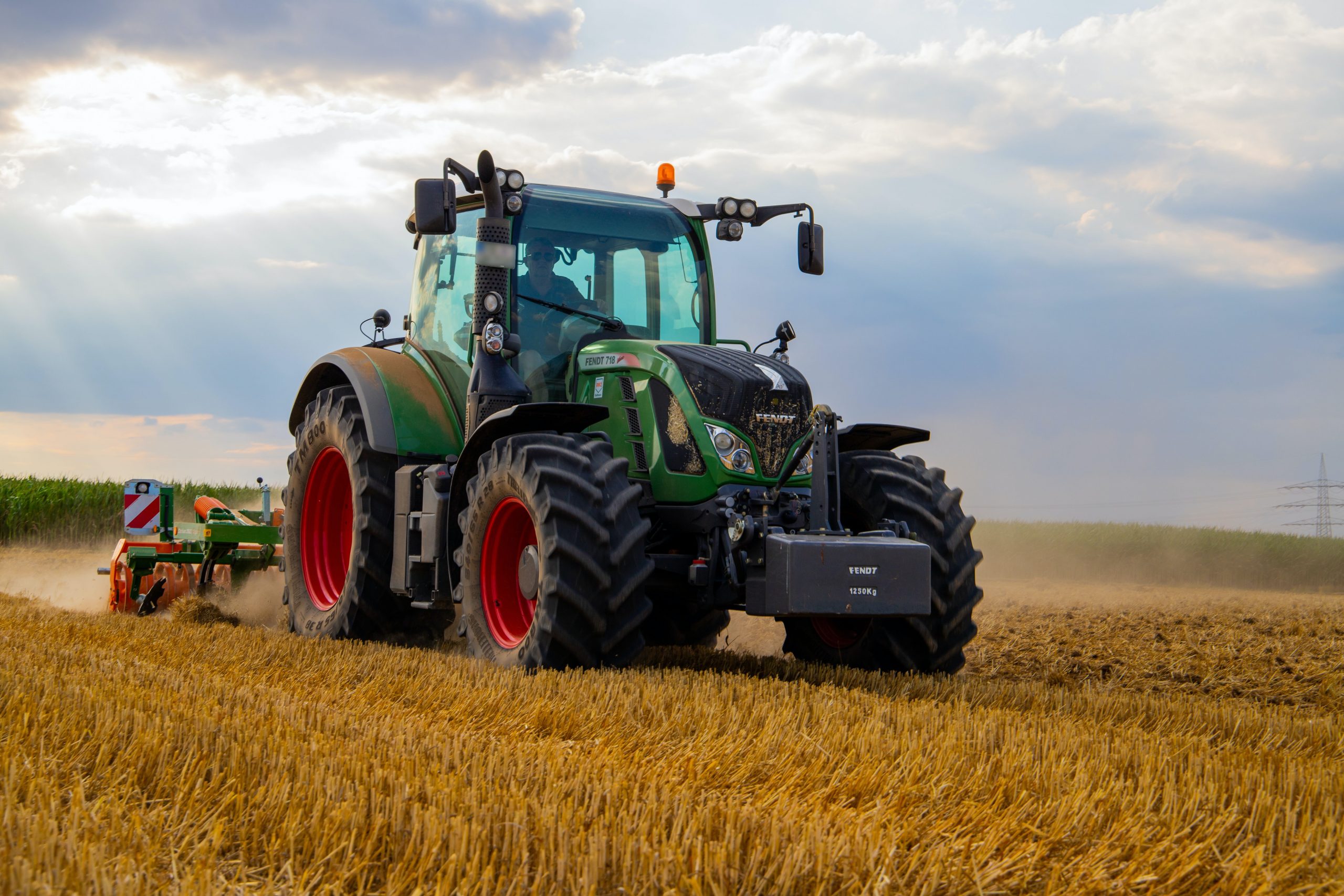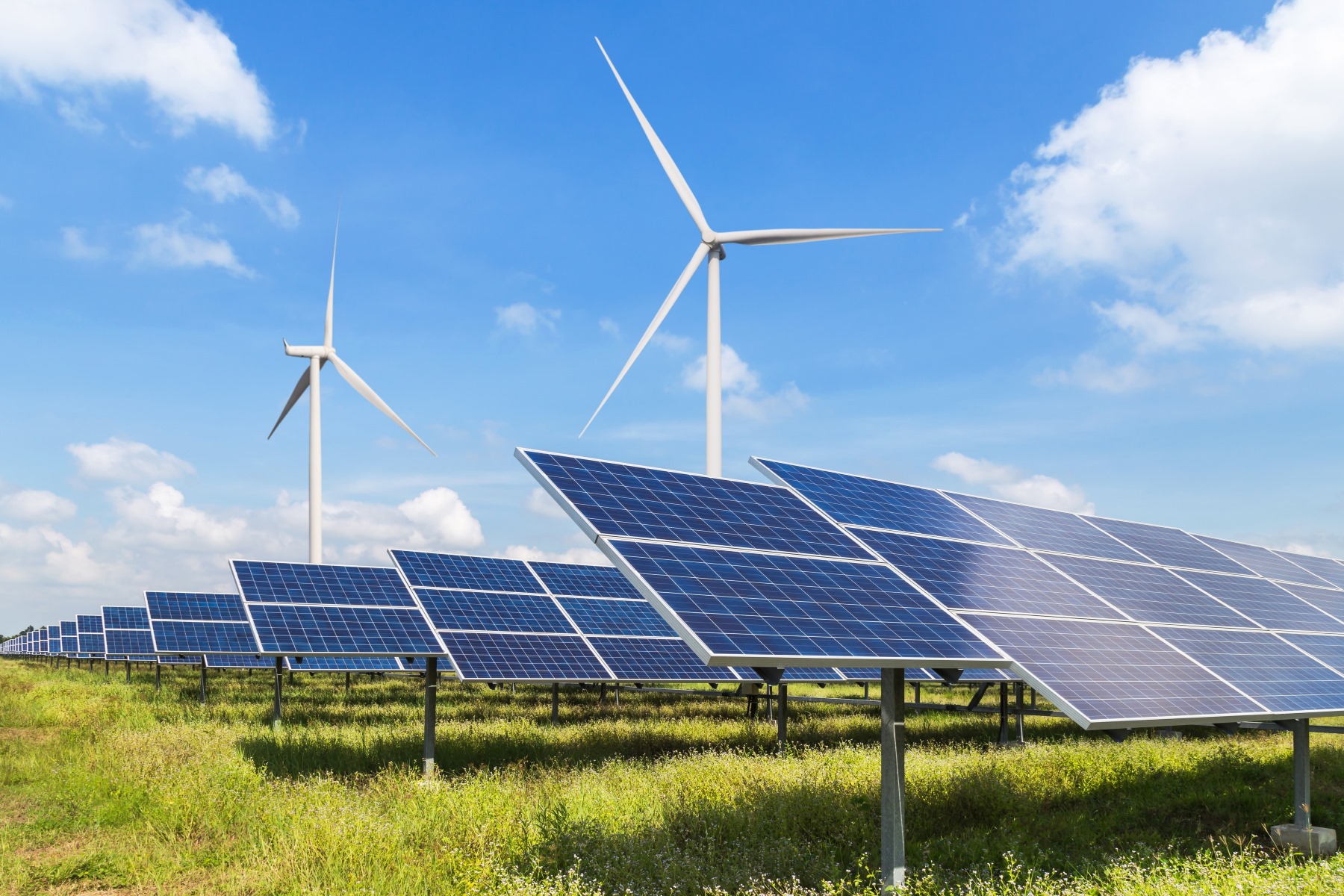
A report from Vodafone and WPI Economics, launched today, calls on the Government to put the fast deployment of digital technology at the core of its forthcoming net zero strategy.
The research shows that the adoption of technology in manufacturing, transport and agriculture could reduce the UK’s overall emissions by as much as 4% a year (17.4 million tonnes of CO2e) [1], the equivalent of the annual emissions of the North East of England.
Digital technology could also play a key role in helping the Government reach its goal to slash emissions by 78% by 2035, before achieving net zero by 2050, the report finds.
The Vodafone and WPI report – ‘Connecting for Net Zero: Addressing the climate crisis through digital technology’ – examines how existing tech, such as the Internet of Things (IoT) and 5G, could substantially reduce greenhouse gas emissions in three key sectors: agriculture, manufacturing and transport.
The report finds:
- In manufacturing, 3.3 million tonnes of CO2e could be saved annually, the same as the emissions produced in the manufacture of almost 600,000 cars. Digital technology such as artificial intelligence (AI), machine learning and smart building solutions will cut emissions in smart factories through faster and more efficient production lines and increased energy efficiency.
- In transport, 9.3 million tonnes of CO2e could be saved annually, the equivalent of taking two million cars off the road. For example, telematics enables logistics companies to shorten delivery routes and cut idle time through intelligent route planning, significantly reducing fuel consumption.
- In agriculture, 4.8 million tonnes of CO2e could be saved annually, the same as the emissions produced in the production of three billion pints of milk. For example, smart sensors enable improved monitoring of crops, soil, fertiliser, feed and water, substantially improving resource efficiency and reducing waste.
The report highlights that every part of the UK would see the benefits from such technology. In towns and cities, most of the carbon savings from digital tech (87%) could come from transport; while in the countryside, 38% of the savings could come from the digitalisation of agriculture.
Reducing emissions isn’t the only benefit of deploying digital tech. A previous study by the Department of Business, Energy & Industrial Strategy (BEIS) has suggested that it could help create 175,000 additional jobs across the economy [2].
And historic manufacturing heartlands – such as Wales, the West Midlands, the North East and North West – could be transformed as factories of the future adopt 5G and IoT technology to improve productivity, efficiency and safety, considerably boosting economic output [3].

Andrea Donà, Chief Network Officer for Vodafone in UK, said: “Significantly reducing emissions from traditionally carbon-intensive sectors – such as manufacturing, transport and agriculture – is one of the biggest opportunities of the next decade.
“Businesses and government must work together to drive the adoption of technology that will maximise efficiencies and help the UK decarbonise more rapidly to meet vital environmental goals.
“At Vodafone, we’re committed to ambitious net zero targets and to helping our business customers to reduce their carbon footprints through our technology.”
Susanne Baker, Associate Director, Climate, Environment and Sustainability at TechUK, said: “It is critical that Government, regulators and business work together to fight climate change and achieve net zero by 2050.”
“Digital technology has a huge potential to help us achieve our climate goals. Digital is already emerging as a key tool to support the net zero transition, and as this report shows, existing digital technology can have an even more significant impact in reducing our carbon footprint across the economy.
With COP26 around the corner, now is the time to act.”
The report follows Vodafone UK’s recent announcement that its entire operation – including its mobile and fixed networks, data centres, retail stores and offices – is now 100% powered by electricity from certifiably renewable sources.
This is an important next step in its commitment to achieve net zero for its UK operations by 2027 and across its full carbon footprint, globally, by 2040.
Vodafone has also committed to help its business customers to save 350 million tonnes of CO2e globally by 2030. Over the last year, it estimates that around 54% of its 123 million IoT connections directly enabled customers to reduce their emissions.
Download the full report here.
Footnotes
[1] For any quantity and type of greenhouse gas, CO2e signifies the amount of CO2 which would have the equivalent global warming impact.
[2] BEIS (2017), Made Smarter Review. Available here.
[3] Vodafone (2021), Powering Up Manufacturing, Levelling Up Britian. Available here.
– ends –
Notes for Editors
100% of the grid electricity that Vodafone across Europe (including the UK) now uses is certified to be from renewable sources including wind, solar or hydro.
About WPI Strategy and Economics
WPI Strategy is one of the UK’s leading political communications consultancies, with a track record of delivering high impact public affairs campaigns. We offer senior strategic counsel and work extensively with our sister company, WPI Economics, to ensure that campaigns are underpinned by evidence-based content from top UK economists.




![Nicki-Lead_image[OPTIMISED]](https://www.vodafone.co.uk/newscentre/app/uploads/2023/10/Nicki-Lead_imageOPTIMISED.jpg)